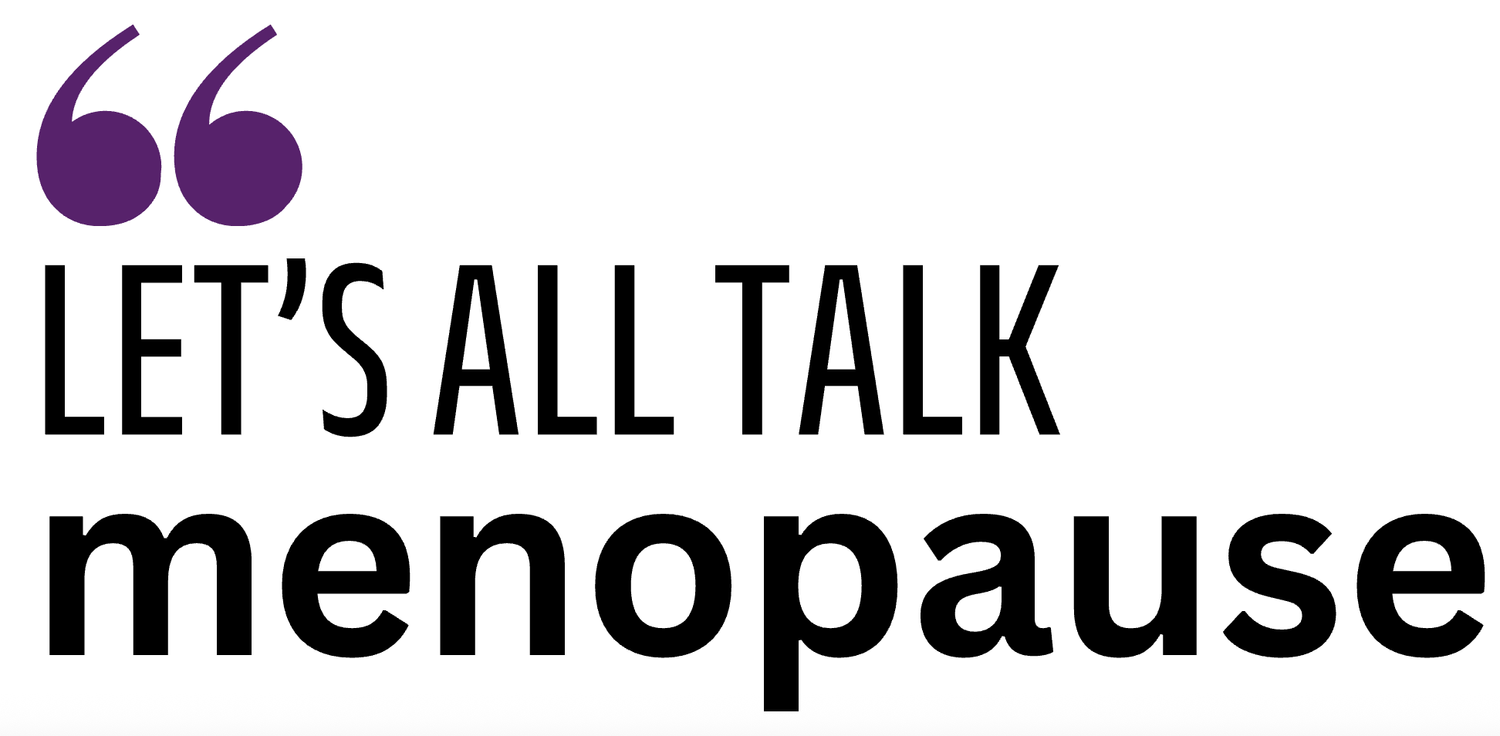How to Keep your Crowning Glory In-tact! With Dr Archana Rao
Menopause & Hair Loss
Menopause can bring about a lot of changes, and one that often goes under the radar is hair loss. It's more than just a cosmetic issue; it's about feeling like yourself. When your hair starts to thin, it can really knock your confidence.
Why Does Hair Start to Thin?
As we get older, our hair naturally gets thinner. This is part of aging. But during menopause, hormonal changes can speed this up. Lower oestrogen levels can make testosterone more dominant, which can lead to hair loss. Stress, diet, and health issues like thyroid problems can also contribute.
“If you get the genes from Mum, it manifests much sooner and much more aggressively. If Mum has female pattern alopecia, as opposed to whether you've got the genes from dad.”
What Can You Do About It?
If you're worried about hair loss, it's worth talking to a dermatologist. They can check out your scalp, run some tests, and figure out what's going on. They might suggest changes to your diet, supplements if you're low on things like iron or vitamin D, or even hormone replacement therapy if it fits your situation.
“The idea is when you put coconut oil, (it's a good emollient) on the hair, it's better than even a really good conditioner. And if you do it one hour before, or even better still overnight with a gentle massaging action, you're stimulating the blood supply to the scalp. Coconut oil, or even olive oil.”
Hair Care Tips for Menopausal Women
Washing: Keep your scalp clean by washing your hair regularly. Don't skip washes out of fear of hair loss—it's going to fall out anyway, and a clean scalp promotes healthy hair growth.
Styling: Go easy on tight hairstyles to avoid extra stress on your hair.
Natural Remedies: A little coconut oil massaged into your scalp can work wonders.
Eating Right: Make sure you're getting enough iron, vitamin D, and protein. Be careful with supplements and get advice before starting them. Remember if you are taking supplements don’t drink any caffeine an hour before or after as this can affect absorption.
Will It Stop Eventually?
With the right approach, you can manage hair loss during and after menopause. It's all about finding the cause and treating it.
“So, collagen, biotin and zinc…unless they you are deficient, you don't really need them for hair loss.”
Final Thoughts
Losing hair during menopause is common, and it's okay to seek help. It doesn't make you vain; it makes you proactive about your health and well-being. Remember, you're not alone, and there are ways to tackle this head-on (pun intended). Go and seek help to get you on the right track.
